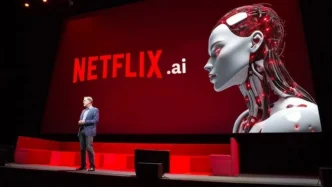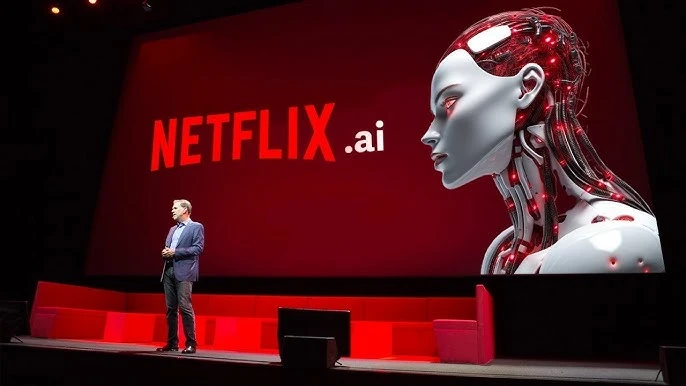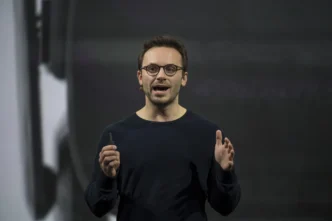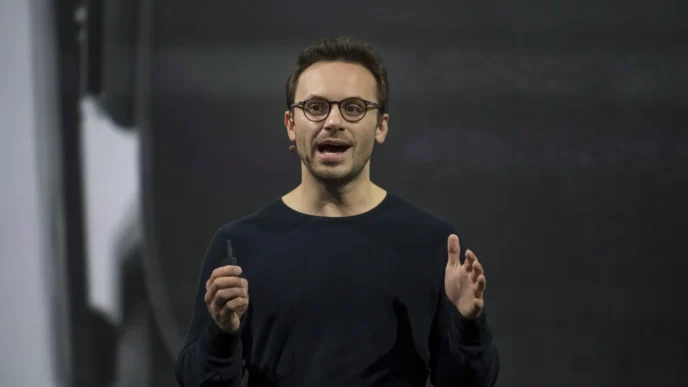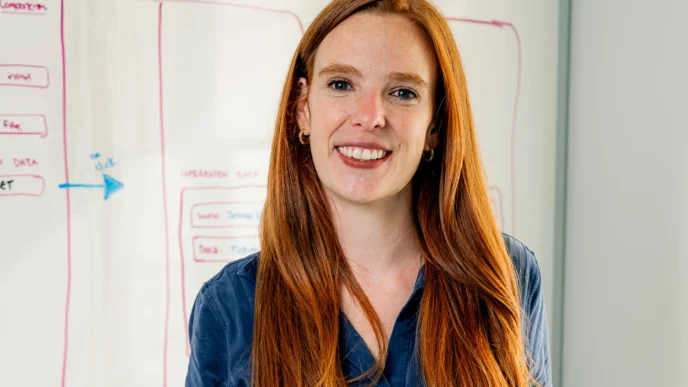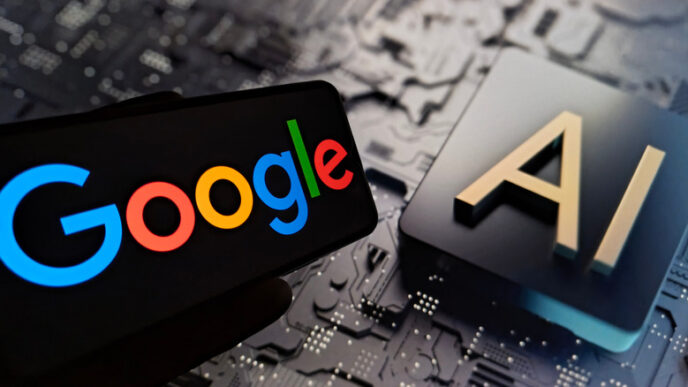William Tunstall-Pedoe once used artificial intelligence to calculate the most boring day in history, April 11, 1954. Meeting him at The Black Penny café in London’s Covent Garden, there’s little chance this conversation will compete for that title. Sitting across from the man who helped invent Amazon’s Alexa, it’s clear he thrives on action. He’s already finished a workout and a round of emails before the first coffee arrives.
A year ago, when UnlikelyAI was still under wraps, Tunstall-Pedoe told reporters his ambition was to build Europe’s first trillion-dollar tech company, a bold goal considering no European business has reached that mark yet. The closest is Dutch semiconductor giant ASML, valued at around $398 billion. Across the Atlantic, however, nine U.S. firms, including Nvidia, Apple, and Microsoft, each sit comfortably above the trillion-dollar line. Tunstall-Pedoe believes UnlikelyAI could change that by solving one of the biggest problems in modern technology: trust in AI.
UnlikelyAI is developing an enterprise AI platform that blends the machine learning power of large language models with the precision and accountability of traditional software. The company’s goal is to make trustworthy AI the foundation of future business systems, tools accurate enough to automate critical tasks without introducing costly mistakes.
Tunstall-Pedoe doesn’t mince words. “Pretty much every medium and large business in the world has a CEO or board pushing for AI adoption,” he says. “But outside a few narrow use cases, it hasn’t really worked.” He points to an MIT study showing that 95% of corporate AI pilots fail, a statistic circulating among tech executives. The reason, he insists, is simple: companies don’t trust AI systems that “hallucinate,” generating false or inconsistent outputs.
“The biggest reason AI isn’t being adopted is lack of trust,” he says. “If a business process depends on AI and it fails once in 50 times, that can be devastating, reputationally, financially, and legally.” For many enterprises, a single AI error could mean regulatory breaches, customer losses, or lawsuits.
That reliability problem has also limited the success of the booming AI agent startup sector. Startups building automation tools on top of large language models have raised billions, €2.7 billion across 113 deals in 2024, and nearly €4.9 billion across 328 deals this year, yet most remain stuck in pilot mode. “It’s very easy to create a compelling demo,” Tunstall-Pedoe says. “The real challenge is scale. When you’re running thousands of AI interactions a day, even a tiny error rate becomes unacceptable.”
UnlikelyAI aims to eliminate those flaws through three key principles: accuracy, explanation, and consistency. Every answer generated by its platform must be verifiably correct, include a transparent explanation showing how the system reached its conclusion, and deliver the same result no matter how many times a query is repeated. “There’s nothing more damaging to trust than an AI giving two different answers to the same question,” he says.
That framework is already being tested by major clients. UnlikelyAI has partnered with Lloyds Bank to improve customer support automation and with SBS Insurance to scale claims processing. It’s also piloting an AI system that automates accounting disclosures, a repetitive, time-intensive task for junior accountants. The startup hasn’t revealed its revenue yet but says it has “a strong pipeline of enterprise customers.”
Tunstall-Pedoe explains that the enterprise AI market UnlikelyAI is targeting is worth “trillions,” but the company is focused on high-stakes industries first, sectors like finance, healthcare, and insurance where even a small mistake carries major costs. Its pricing model is “outcomes-based,” meaning clients pay only when UnlikelyAI’s systems deliver measurable value. He confirms that the company is not fundraising currently but plans to raise capital next year.
UnlikelyAI last secured $20 million in 2022 from investors including Amadeus Capital Partners, Cambridge Innovation Capital, Octopus Ventures, former Google CFO Patrick Pichette, former Amazon UK chief Christopher North, and Skype founder Jaan Tallinn’s Metaplanet.
For Tunstall-Pedoe, building AI systems that businesses trust is both a technical and philosophical mission. The challenge of reliability stems from his own history as an engineer and problem-solver. Born in London and raised partly in Dundee, he grew up surrounded by scientific inquiry, his father, a cardiologist, studied heart disease in Scotland. By high school, Tunstall-Pedoe was teaching himself to code on a mainframe computer at a local technical college and writing software during his lunch breaks. After earning a computer science degree from the University of Cambridge, he founded Evi, a voice-activated search engine that Amazon acquired in 2012. That acquisition led him to help build Alexa, Amazon’s voice assistant used by millions of people worldwide.
“When I left Amazon, I knew I had one or two big startups left in me,” he says. UnlikelyAI was always destined to be built in the UK, which he describes as “a great place to grow a company, with world-class talent and universities.” Still, he acknowledges that regulation and risk aversion sometimes slow innovation. “There’s a tension between safety and growth,” he says. “The UK government wants to be an AI superpower, but it’s also cautious about getting regulation wrong. If we get trust right, we accelerate adoption.”
He’s also pragmatic about global partnerships. When asked about the recent £31 billion deal that will see OpenAI, Google, and Microsoft invest in UK AI infrastructure, he sees it as a positive step. “The UK has the potential to be an AI powerhouse,” he says. “These companies will benefit from investing here, but so will the country. What we need now are British-headquartered, globally competitive AI companies.”
That’s exactly what he hopes UnlikelyAI can become, not just a trusted provider of enterprise AI, but a training ground for future founders. The company’s internal Startup Club, a mini “academy” for employees, helps team members learn the basics of launching their own ventures. “More than half the company joined in the first half hour,” he laughs. Sessions cover topics like product-market fit, financing, and hiring. “It helps us grow stronger internally too. I regularly get calls from VCs who’ve invested in startups founded by UnlikelyAI alumni.”
As our conversation winds down, Tunstall-Pedoe reflects on the journey ahead. “We’re building for the long term,” he says. “AI adoption depends on one thing, trust. If you can prove your system is right, explainable, and consistent, that’s the foundation of everything else.” Asked whether he has any other big ideas waiting in the wings, he smiles. “I think all my big ideas need to be folded into UnlikelyAI,” he says, standing up to leave. As he steps out into a grey but brightening Covent Garden afternoon, it’s hard not to think that the man who once measured boredom is now working to make the future of AI.


